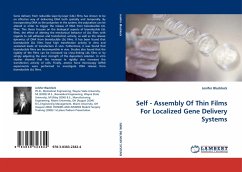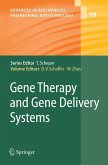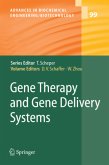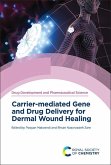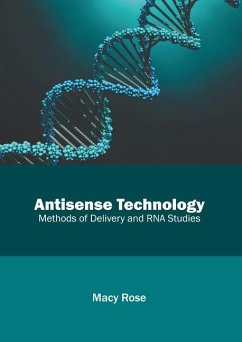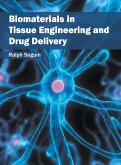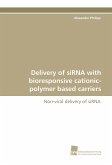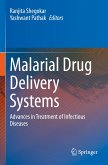Gene delivery from reducible layer-by-layer (LbL) films has shown to be an effective way of delivering DNA both spatially and temporally. By incorporating DNA as the polyanion in the system, the polycation can be altered in order to trigger the release of DNA from bioreducible LbL films. This thesis focuses on the biological aspects of bioreducible LbL films, the effect of altering the mechanical behavior of LbL films with regards to cell adhesion and transfection activity, as well as the release dynamics of DNA from bioreducible LbL films. It has been found that bioreducible LbL films have high transfection activity in vitro and sustained levels of transfection in vivo. Futhermore, it was found that bioreducible films are biocompatible in vivo. Studies also found that the rigidity of the films can be increased via cross-linking LbL films or by simply adjusting the ionic strength of the deposition solution. In vitro studies showed that the increase in rigidity also increases the transfection activity of cells. Finally, atomic force microscopy (AFM) experiments were performed to investigate DNA release from bioreducible LbL films.

